Results
-
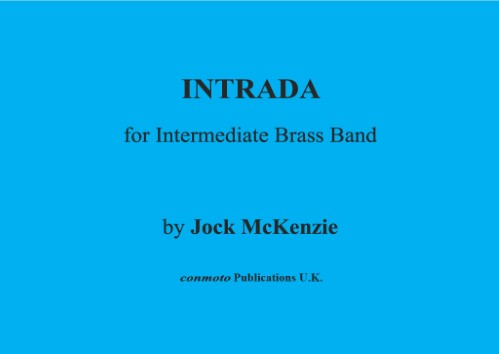 £8.50
£8.50INTRADA (score) - McKenzie, Jock
There is a link to a you tube video. Also contains parts for orchestral brass.
In Stock: Estimated dispatch 1-3 working days
-
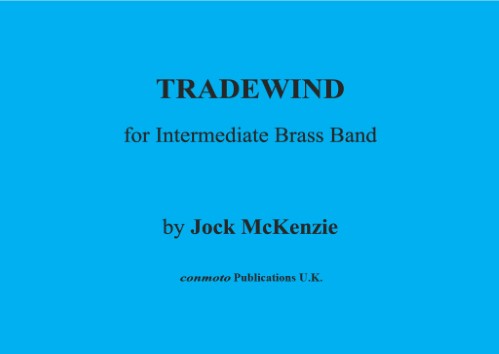 £11.50
£11.50TRADEWIND (score) - McKenzie, Jock
There is a link to a you tube video. Also contains parts for orchestral brass.
In Stock: Estimated dispatch 1-3 working days
-
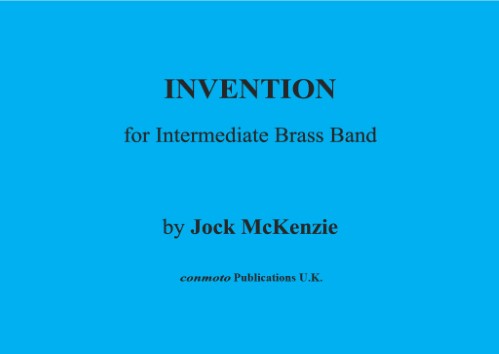 £8.50
£8.50INVENTION (score) - McKenzie, Jock
There is a link to a you tube video. Also contains parts for orchestral brass.
In Stock: Estimated dispatch 1-3 working days
-
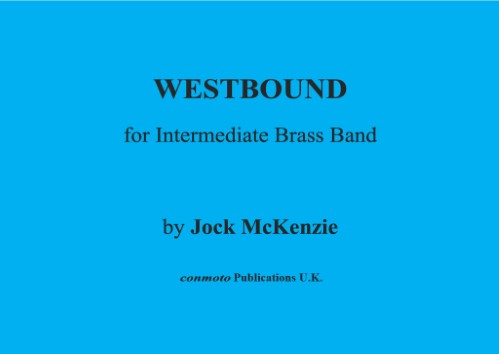 £8.50
£8.50WESTBOUND (score) - McKenzie, Jock
There is a link to a you tube video. Also contains parts for orchestral brass.
In Stock: Estimated dispatch 1-3 working days
-
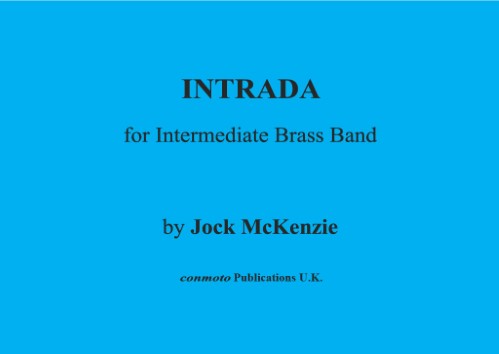 £27.50
£27.50INTRADA (score & parts) - McKenzie, Jock
There is a link to a you tube video. Also contains parts for orchestral brass.
In Stock: Estimated dispatch 1-3 working days
-
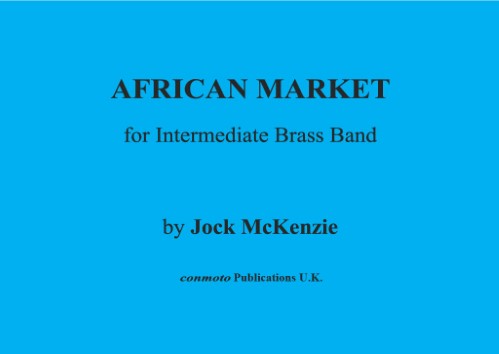 £11.50
£11.50AFRICAN MARKET (score) - McKenzie, Jock
There is a link to a you tube video. Also contains parts for orchestral brass.
In Stock: Estimated dispatch 1-3 working days
-
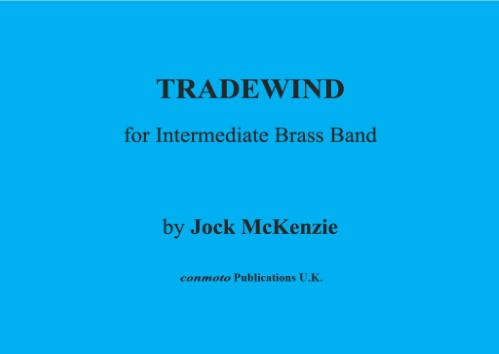 £37.50
£37.50TRADEWIND (score & parts) - McKenzie, Jock
There is a link to a you tube video. Also contains parts for orchestral brass.
In Stock: Estimated dispatch 1-3 working days
-
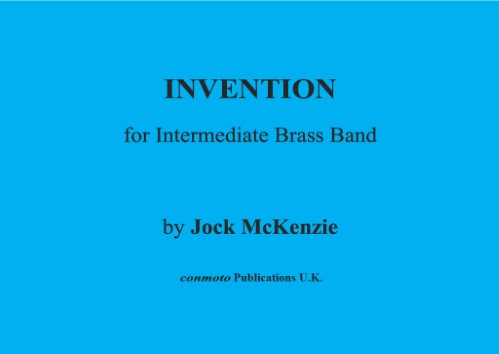 £27.50
£27.50INVENTION (score & parts) - McKenzie, Jock
There is a link to a you tube video. Also contains parts for orchestral brass.
In Stock: Estimated dispatch 1-3 working days
-
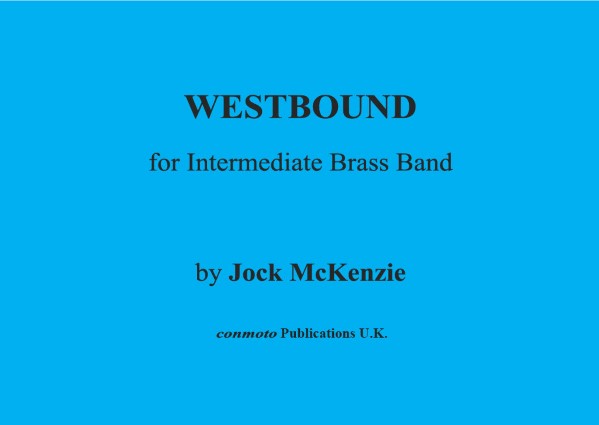 £27.50
£27.50WESTBOUND (score & parts) - McKenzie, Jock
There is a link to a you tube video. Also contains parts for orchestral brass.
In Stock: Estimated dispatch 1-3 working days
-
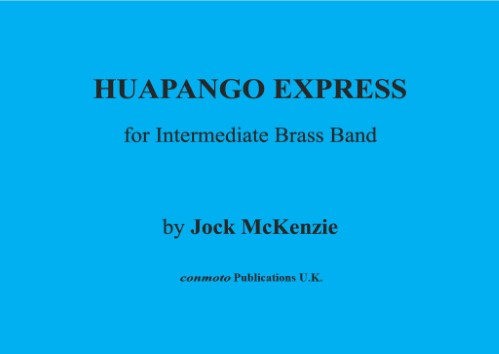 £11.50
£11.50HUAPANGO EXPRESS (score) - McKenzie, Jock
There is a link to a you tube video. Also contains parts for orchestral brass.
In Stock: Estimated dispatch 1-3 working days
